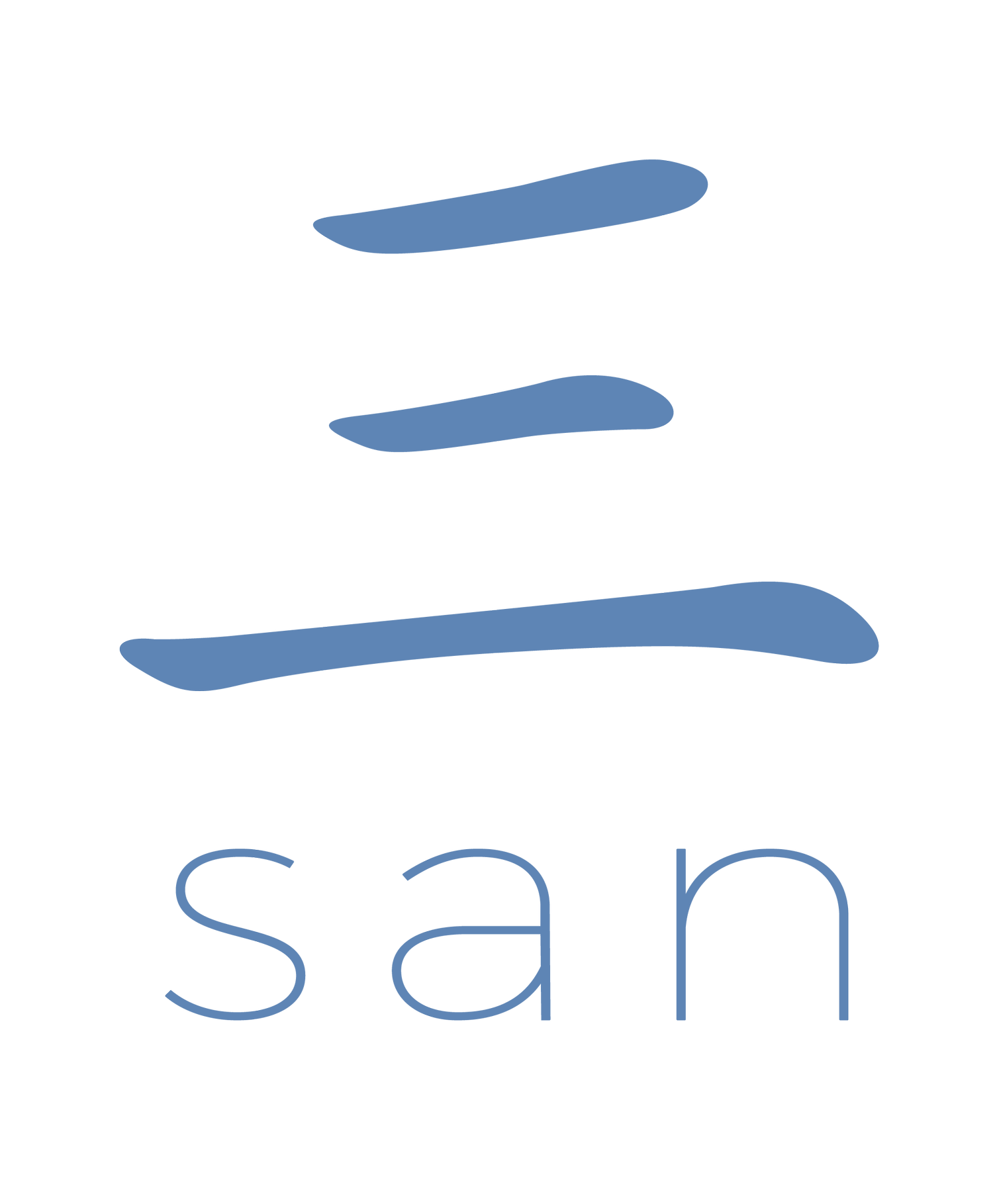Frequently Asked Questions
Does acupuncture hurt?
Most of the time, an acupuncture pin feels like a mosquito bite. Sometimes you do not feel anything. Sometimes you feel heaviness, warmth, gentle tingling or a travelling sensation. These are all positive responses. The vast majority of people find it very relaxing. Sometimes there are painful spots, but that fades in a second.
For people who are needle phobic, we have other tools to do a treatment entirely without needles! These include moxibustion, non-insertion needles, cupping and massage. Just let your acupuncturist know that you are needle phobic and they will find a solution. You are always in control of the session.
How many times do I have to come?
That depends on what you are coming in for. Most cases require 6-8 sessions. But sometimes it’s two, and sometimes it’s 12.
There are a lot of things that influence recovery time. The best approach is to reach out and ask us for our opinion. We offer a free 15-minute consultation to give you a rough idea of whether acupuncture can help and how many sessions you may need.
Is there anything I should not do after an acupuncture session?
Not really. The traditional advice is to avoid showering or eating a big meal immediately after acupuncture, and we personally follow this. Generally, we recommend that you just listen to your body. If you feel tired (happens sometimes), rest after the session and go to bed early. If you feel dizzy (happens rarely), eat a little and take it easy. In most cases, you can go about your life normally. If there are any special considerations for you, your acupuncturist will talk about it with you.
What is acupuncture good for?
So much! In 1979, The World Health Organization listed 28 health conditions that acupuncture treats effectively, and another 63 conditions that it may treat. Since this list, the evidence has gotten stronger. Some of the most commonly treated complaints include:
Muscle aches and pains
Sciatica
Neuropathy
Headache and migraine
Insomnia
Anxiety
Allergic rhinitis (seasonal allergies)
Depression
Biploar disorder
Hypertension and hypotension
Nausea
GERD (acid reflux)
Constipation
Rheumatoid arthritis
Osteoarthritis
Stroke
Breach baby (malposition of the fetus)
Infertility
Labour induction
Dysmenorrhea
Morning sickness
Adverse reactions to radiotherapy and/or chemotherapy
Frozen shoulder
Acne
Asthma
How can acupuncture treat so many different things?
Acupuncture is not one specific treatment, like a pill. It is many techniques that help your body heal itself.
An acupuncturist finds the places where your physiology is disrupted and not working properly, and selects a technique that restores normal movement of blood, fluids and information in that area. A pin in the wrist or moxa on the foot sends your body a message to make a specific change in circulation and physiological activity in a specific part of the body (perhaps where that pin was put, or sometimes far away). This means that if the acupuncturist is skilled enough and the patient is following a healthy lifestyle, acupuncture can undo any pathology that the body has developed.
Are acupuncture and dry needling the same thing?
Yes and no. Both dry needling is a technique for muscle contraction. This is the technique that physiotherapists, massage therapists and chiropractors use to treat pain. Acupuncturists use the same tool—a filiform needle—to perform this dry needling technique, as well as many other techniques.
Acupuncturists have many different techniques for numbness, cold, inflammation, circulatory problems, nerve problems, and organ dysfunction. Acupuncturists also use other tools, such as cupping, moxibustion heat therapy, and various pointy massage tools that work like filiform needles but do not puncture the skin.
Can acupuncture cause nerve damage?
Acupuncture is extremely safe, but it is a medical intervention. It requires a deep level of study to practice well and safely. Sometimes a person does acupuncture without correct knowledge of anatomy and they can cause an injury. It is rare, but it is possible.
It is very important that the acupuncturist you see is well trained. Check that they are registered with an association or regulatory body—that’s the bare minimum. You can also look at their credentials, check online reviews, and ask them any questions you may have at the beginning of the session.
Is acupuncture covered by insurance?
Most private health insurance providers cover acupuncture services performed by a Registered Acupuncturist. If your insurance provider does not have acupuncture coverage, you can petition the insurance company or your employer to add it.

